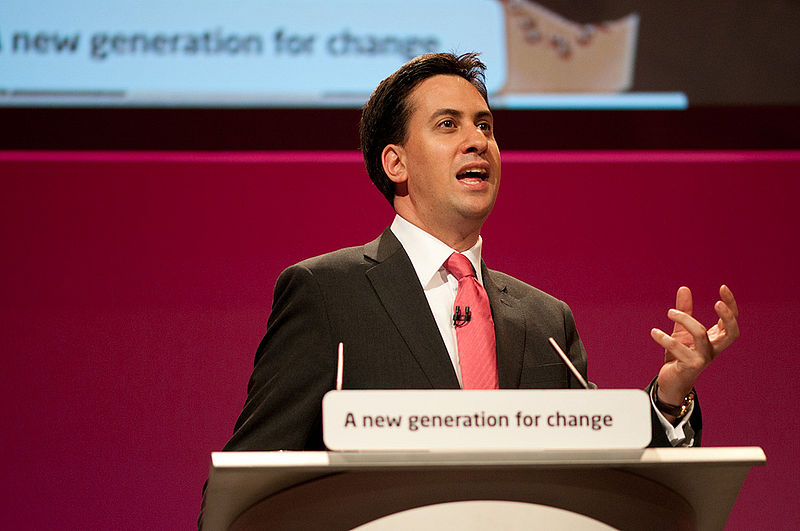 Over the past few weeks some of the biggest political parties in the UK have been hosting their last conferences before next year’s General Election. As expected, the leaders of each of these parties took the opportunity to announce a number of new policies which will affect both those living in the UK and investors. However, for Labour party leader Ed Miliband his speech will be remembered more for the fact that he did not mention the deficit or immigration and not for the policies he proposed.
Over the past few weeks some of the biggest political parties in the UK have been hosting their last conferences before next year’s General Election. As expected, the leaders of each of these parties took the opportunity to announce a number of new policies which will affect both those living in the UK and investors. However, for Labour party leader Ed Miliband his speech will be remembered more for the fact that he did not mention the deficit or immigration and not for the policies he proposed.
This is why it is not surprising to see that during a visit to Milton Keynes this week Mr Miliband will announce a prominent party manifesto – blocking buy to let investors from purchasing property in the UK. It is believed that he will say that if his party come into power next year he will crack down on buy to let investors in order to alleviate the housing crisis and tackle the issue of high property prices. He will also claim that under his rule local people will get first choice when it comes to housing in their areas, especially in places such as London where affordable homes are few and far between.
Mr Miliband claims he wants more local people on the housing ladder instead of foreign property firms, buy to let investors and those looking to buy a second home. In his speech he will add: “We will also make sure that communities get the benefit from new home development by guaranteeing that where communities take the lead in bringing forward additional developments, a significant proportion of homes on those sites cannot be bought by anyone before first-time buyers from the area have been given the chance.
“There has been a systematic failure to build the homes our country needs. Too much development land is held as a speculative investment when local people need homes. Too often the trickle of new developments that get completed are snapped up before people from the area can benefit, undermining support for much needed further development. And, for too many young families, the dream of home ownership is fading fast. Only Labour has a plan to build the homes that our country, our local communities and our families need.”
Most of the plans that will be discussed by Ed Miliband were set out by Sir Michael Lyons in his independent housing review earlier this year. Discussing Mr Miliband’s speech, Sir Michael said: “We simply have to do better as a nation, not only because our children and grandchildren need the homes we should be providing now, but because greater house building will make a direct contribution to national economic growth.” Along with placing restrictions on buy to let investors Mr Miliband has also promised for two hundred thousand new homes to be built by 2020.
Unsurprisingly, Labour’s plans have come under fire from buy to let investors as well as opposing MPs as it is claimed that they could be detrimental to the housing market. Even though restricting the amount of buy to let investment in the UK could potentially lower house prices, there are other factors that contribute to the current housing crisis which could prevent the success of Labour’s plans. Furthermore, a large percentage of the UK population currently rely on the private rented sector, meaning that if there are less properties available rent prices will increase for those that are already struggling with the cost of living.
This is not the first time that Ed Miliband has raised eyebrows in the buy to let sector, as he has previously proposed that landlords should only be allowed to have rent reviews once a year and that there should be a nationwide cap on the amount of rent landlords can charge. By putting more restrictions in place for landlords, fewer will want to expand their property portfolios and some may even quit their businesses altogether, which means that there will be fewer private rented properties across the UK.
Even though Labour’s plans to improve the housing market are laudable, by blocking investment into the UK housing sector they could end up harming those that they want to protect the most. It will take a considerable amount of time and effort to resolve the UK’s housing crisis, which is why such bold proposals may not be the best solution.


